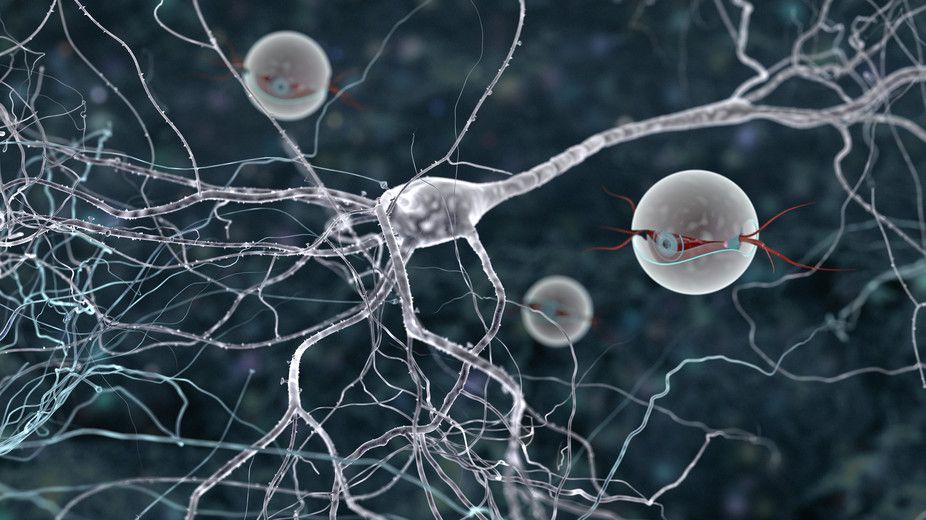More information on ANTs.
In the minuscule world of nanotechnology, big steps are rare. But a recent development has the potential to massively improve our lives: an engine measuring 200 billionths of a metre, which could power tiny robots to fight diseases in living cells.
Life itself is proof of the extreme effectiveness of nanotechnology — the manipulation of matter on a molecular or atomic scale — in which DNA, proteins and enzymes can all be considered as machinery. In fact, researchers have managed to make micro-propellers using tiny strands of DNA. These strands can be stitched together so freely and precisely that the practise is known as “DNA origami”. However, DNA origami lacks force and operational speed (it takes time measurable in seconds), reducing its robotic function.
But we have now produced nano-engines that can be operated with beams of light to work pistons, pumps and valves. Made from gold nanoparticles bound together by a heat-sensitive chemical, our machines are strong, fast and simple to operate, making them extremely practical for future applications.









Comments are closed.